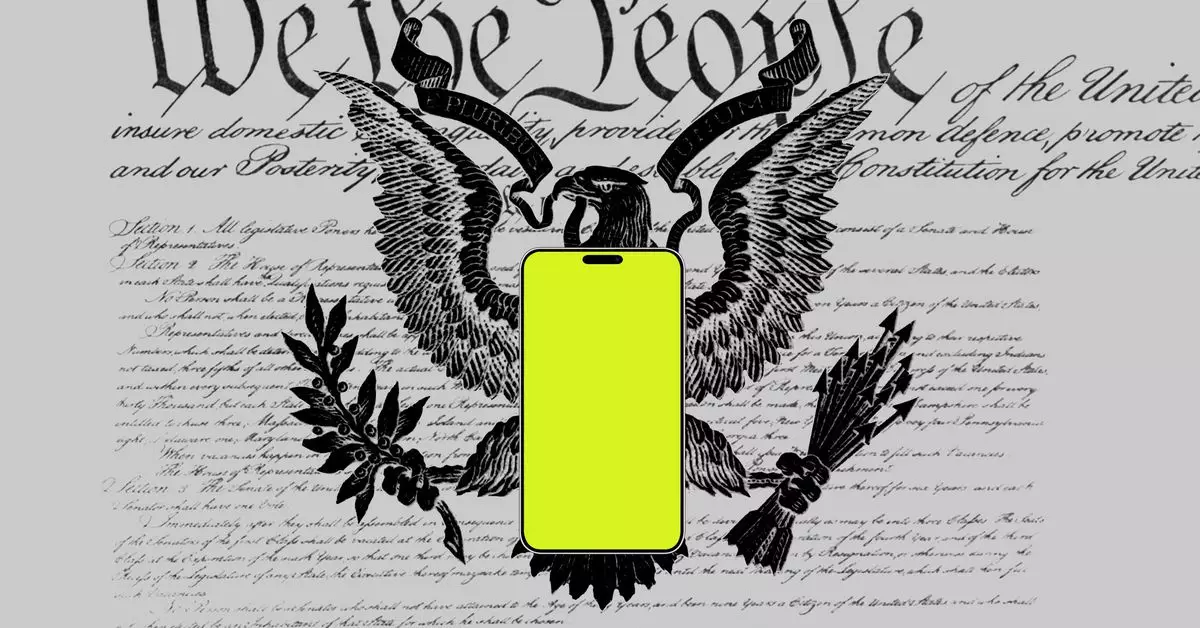The landscape of telemarketing calls is witnessing a notable transformation, one that many might attribute to effective regulatory measures. According to the Federal Trade Commission (FTC), there has been a remarkable reduction in complaints regarding unwanted telephone solicitations over the past three years, with a reported decline of over 50% since 2021. While these numbers are promising, especially for those weary of incessant marketing calls, they also raise awareness of the ongoing challenges posed by persistent and innovative telemarketing tactics.
The downward trend in telemarketing complaints is largely credited to strengthened government interventions designed to safeguard consumers. From legislative reforms to strategic enforcement actions, the FTC has ramped up its efforts in combating illegal telemarketing practices. Figures indicate that approximately 33,000 fewer complaints were lodged in the 2024 fiscal year compared to the previous year, showcasing the effectiveness of these initiatives.
However, these statistics also reveal a concerning increase in specific types of unwanted calls. Notably, complaints related to debt reduction services surged by over 85% from the previous year, thereby underscoring the adaptability of telemarketing scammers and the necessity for vigilant oversight.
Sam Levine, the FTC’s Bureau of Consumer Protection Director, emphasizes that while significant progress has been made, the threat of illegal calls remains substantial. The agency’s proactive stance involves targeting upstream players—distributors and affiliates that facilitate these calls—while simultaneously implementing rules that prevent scammers from impersonating legitimate businesses or government entities.
Noteworthy actions taken by the FTC include the enforcement of the Telemarketing Sales Rule (TSR), which delineates stringent restrictions on telemarketers. The introduction of regulations aimed at banning the use of artificial intelligence in scam calls reflects the FTC’s commitment to evolving with the landscape of telemarketing threats.
The Federal Communications Commission (FCC) has also been a key player in enhancing consumer protection. By introducing a new anti-spoofing protocol for U.S. mobile carriers, the FCC aims to ensure that the caller ID numbers displayed on consumers’ phones are genuine. This action is critical in establishing accountability among telemarketers and enhancing transparency in caller identification.
Future Considerations
As we move forward, it is imperative that both the FTC and FCC maintain their collaborative efforts to address the changing dynamics of telemarketing. The rise of AI-generated robocalls and text messages poses a new frontier of challenge, necessitating ongoing vigilance to safeguard consumer interests. While the current reduction in telemarketing calls is a cause for optimism, the continuous evolution of tactics employed by telemarketers reminds us that consumer protection must remain an active endeavor.
Ultimately, the fight against telemarketing abuses will hinge on the efficacy of regulatory measures and the readiness of consumers to report unwanted calls. By fostering an environment of awareness and compliance, we may continue to witness a decline in intrusive telemarketing practices, enhancing the overall telephone experience for consumers nationwide.

